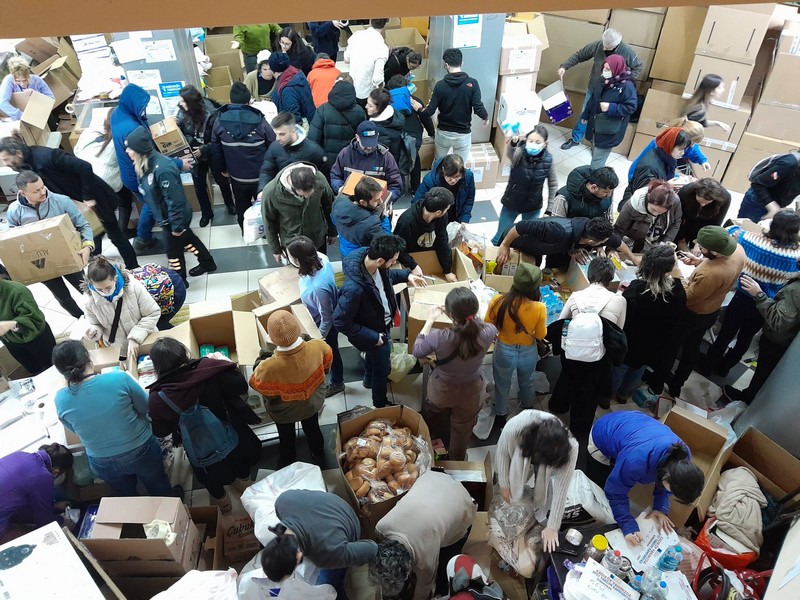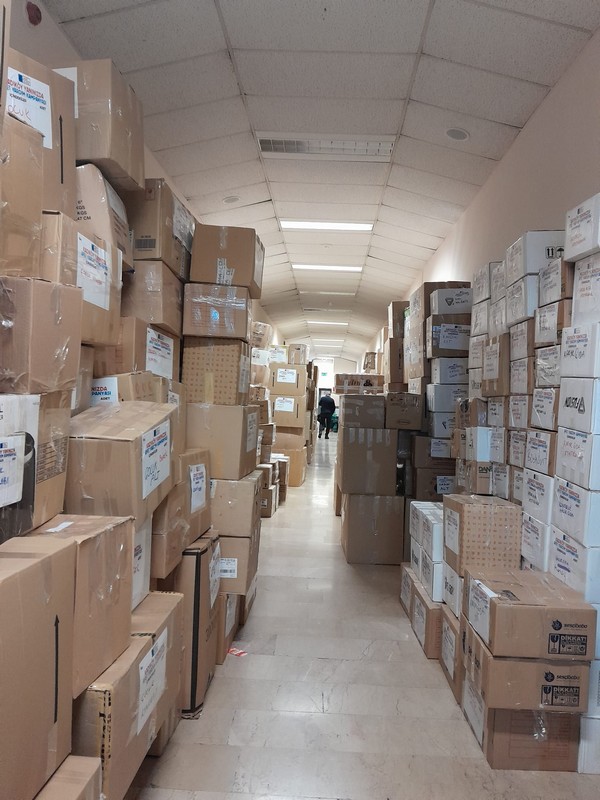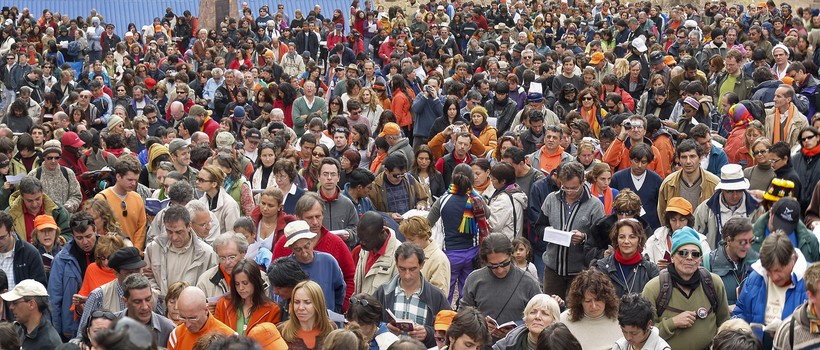Two large earthquakes of magnitude 7.8 and 7.5 on the Richter scale led to dozens of aftershocks: it is one of the most violent earthquakes in more than 100 years that struck Monday, February 6 in the region of Gaziantep in Turkey and affected neighboring Syria (northwest, Aleppo region) during the night.
Apocalyptic images have reached us all over the world: collapsed buildings (more than a hundred buildings counted to date) or collapsing live from the cameras, with their inhabitants under the rubble, ravaged villages, the freezing cold slowing down all efforts to clear the rubble and the arrival of aid…
We will have to investigate later on the responsibilities to be defined:
- Why are isolated buildings collapsing amidst others still standing? Who are the investors and builders who have so neglected the safety of people in this highly seismic zone?
- Why is there less concern about the Syrian population, which has fled their regime and was already in unprecedented distress before the disaster, which even the action of 500 employees from Doctors Without Borders could not compensate for?
The death toll continues to rise: more than 8,000 people have already died in Turkey, and nearly 2,000 in a very small area of Syria. Aid is not getting through because only a “small corridor” on the Turkish-Syrian border is open to allow a few trucks of equipment to pass.
So many questions have already arisen, so many reports of injustice, that we can expect immense anger to follow deep sadness.
For now, it is about
“look at what in this hell is not hell
and let grow what isn’t hell!”[1]
Local rescuers, assisted by international teams sent on an emergency basis, are fighting against the clock to try to save survivors from the mountains of rubble. A work of ants considering the extent of the disasters! It must be said that they are far too few in number and totally absent from rural areas and Syria. But their determination in these extreme conditions is exemplary.
We are also witnessing a real uprising, a huge wave of solidarity, propelled from the hearts of people, driven by compassion and identification with these bereaved and now homeless families.
So many people, from all over the world, have immediately asked themselves:
“What can I do to help?”
And then, as if a universal spirit was manifesting itself, everywhere groups are getting organized. Some of them organize collections for associations: money, blankets, food, water, … Around us, there are necessarily associations already at work. We report here photos and videos of local actions in Istanbul.


Some send money… Humanitarian associations experienced in extreme situations coordinate these collections. Donations can also be sent directly to Turkey.
In social networks and shared lists, calls are made for specific requests, translators, technicians, medical equipment… Young people are extremely mobilized.
Many would like to do more: provide some kind of comfort.
It is often in these extreme and urgent situations that the human being, feeling powerless, directs his gaze and his soul towards “greater than himself”.
There are those who pray, all religions included.
And there are those who, outside of religious structures, appeal to the depths of their conscience and, from there, make Askings for Peace in the hearts, sendings of well-being and hope.
It is as if the differences of beliefs and cultures were swept away by a universal spirit that seeks to manifest itself.
7 days of mourning have been declared in Turkey. To this, the Messengers of Turkey have responded by organizing a great chain of spiritual solidarity: 7 days of asking through a short common meditation: connecting to one’s inner strength and then projecting it to those in need, in the shared wish for comfort and relief.
These requests of a new type, which allow people “not to feel alone in their village, in their city, on earth and in the infinite worlds”[2] , are of great power: they unite hearts, souls and make human destinies converge. They bring to light a common Purpose: to humanize the earth. To be able to always find a way to feel useful and free, in an unceasing giving-receiving that makes us grow and gives a meaning to our existence.
While “the one who wants to humanize helps to give courage by pointing out future possibilities.” [3]
They all reside in a Universal Human Nation, non-violent, supportive, spiritually interconnected.
(To participate to these common ceremony, with people from all over the world, from 7th to 14th February, contact +33 663194233)
[1] Italo Calvino, Le città invisibili), 1972.
[2] Silo’s Message, the Path, silo.net
[3] Silo, Humanizing the earth, The inner landscape, The faith, silo.net










